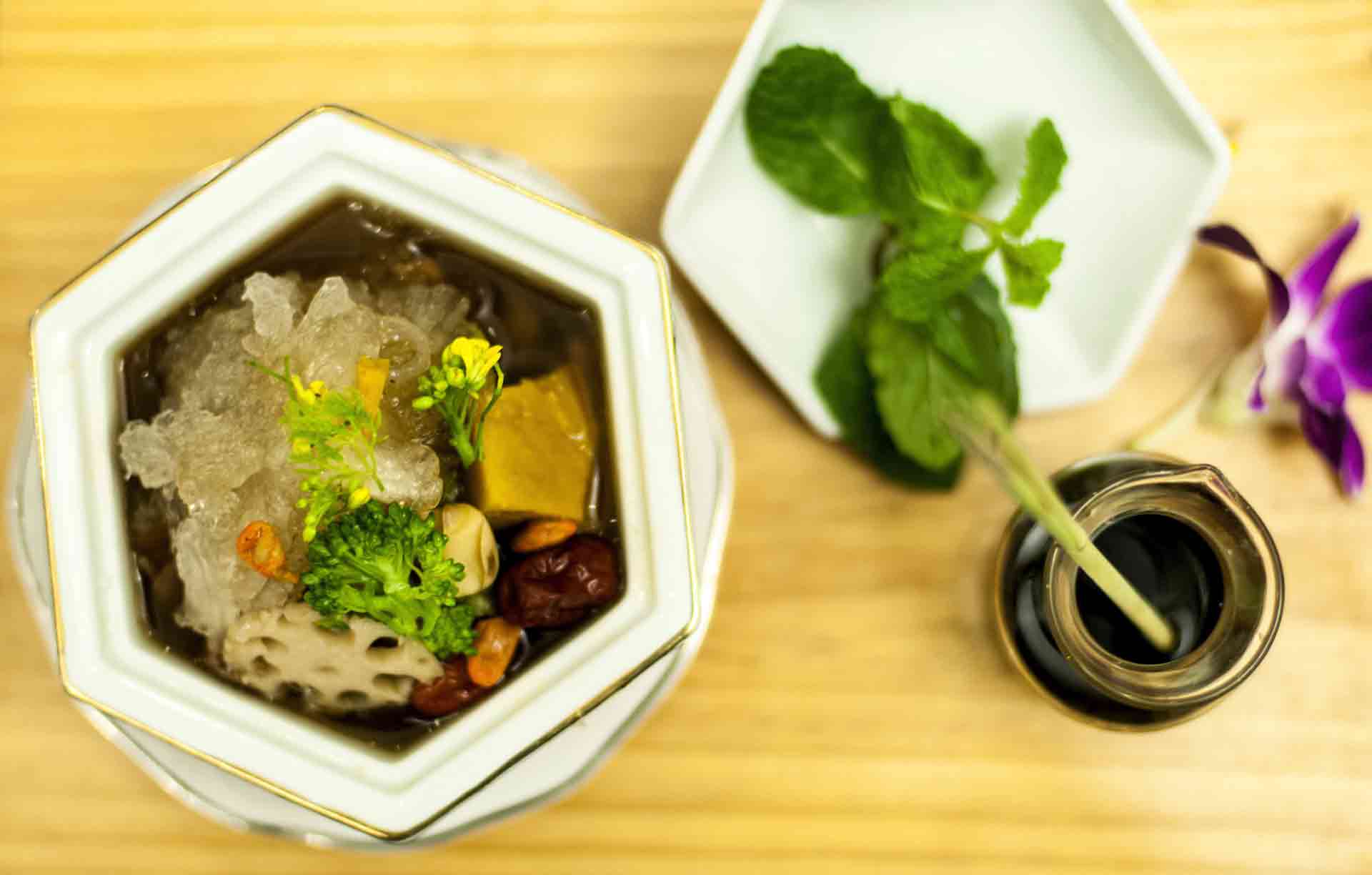Edible Bird Nest: Health Benefits of This Chinese Superfood
Your search for another superfood is over with the edible bird nest. Swiftlet bird's nest is full of nutritional and herbal properties. Know more about it.

If you like to take care of your health, immunity, stamina, skin condition, and well-being, then here’s another superfood for you. It’s the edible nest of the bird Swiftlet. This nest has essential nutrients, medicinal properties, certain helpful proteins, and is used as a health tonic. Know more about this expensive yet healthy edible bird nest. ~ Ed.

For hundreds of years, Chinese civilization has prized the traditional delicacy of edible bird’s nest soup for its nutritious benefits, believed to promote one’s overall health and well-being.
The main ingredient is edible bird nests, which are entirely woven, using the swiftlet’s saliva, obtained from the caves or empty buildings through the harvesting process. The size per piece of a raw bird nest is usually about 11 to 18 cm with at least 16 to 32 grams of weight.
Due to its hefty price tag and popularity, many people in South-East Asia engage in farming and selling edible bird nests. But what makes it so special yet expensive, and even many regard it as a superfood?
Let us explore the reasons behind the edible bird nests becoming a global phenomenon.
Why the Edible Bird’s Nest Is So Expensive
Labeled as the “caviar of the east”, a single serving of edible bird’s nest soup can cost around $30 to $100. Of course, there are some fascinating reasons behind the hefty price tag of this delicacy.
Apart from its medical benefits (as stated by most Traditional Chinese Medicine practitioners), the high cost of the edible bird’s nest is due to the dangerous retrieval process and its requirement of an extensive-laborious cleaning process.
As stated before, the main ingredient of this bird’s nest delicacy is swiftlet’s saliva. The swiftlets build their nests as high as 500ft inside mountaintop-limestone caves, where locals risk their lives climbing up ladders to collect these rare yet valuable nests without proper safety equipment.
The dangerous process takes place only about 3 times a year, which is due every spring, summer, and autumn when the swiftlets rebuild their nests. After the retrieving process, the nests need to be cleaned from the swiftlets’ tiny little feathers before being sold. Nest cleaners pick out each feather using a small instrument and it takes hours in the process.
6 Benefits of Incorporating Bird’s Nest Into Your Diet
Swiftlet’s edible bird nest has been used as Traditional Chinese Medicine (TCM) for a long time. This beneficial delicacy has spread from generation to generation. With the advancement of technology, numerous tests and studies have been carried out to prove the efficacy of the swiftlet’s nest.
Here is a detailed elaboration of the benefits of consuming the Swiftlet bird’s nests regularly:
Boosts Your Immune System and Energy
The Swiftlet bird’s nest is rich in glycoprotein, which plays a critical role in boosting your immune system and protects you from illnesses. As a result of incorporating bird’s nest into your routine at least three to four times a week, you will regain better stamina, immunity, and increased resistance towards external factors, i.e., free radicals.
Nutritional Supplement for Children
Studies have shown that essential nutrients such as amino acids and minerals are found in the Swiftlet birds’ nests. These nutritional components are essentially needed during children’s mental and physical growth and development.
Supplement for Prenatal And Postnatal Health
The habit of consuming this edible bird nest during or after pregnancy has been passed down from generation to generation as many claim that they can help recover faster after giving birth and also that women experience lesser hair loss as a side effect of pregnancy.
Moreover, the presence of nourishing and nutrient-rich properties within this edible bird nest is essential in stimulating cell growth, generating more energy, and relieving tiredness after the delivery process.
Speeds up Recovery Process
Cancer patients undergoing chemotherapy are advised to consume the Swiftlet bird’s nest to aid and speed up their recovery process as it contains certain protein substances that proven to promote tissue generation and cell growth
Beauty Food for Women (Anti-Aging and Better Skin Condition)
Epidermal Growth Factor (EGF) found in this edible bird nest has been clinically proven to retain youthfulness and improve your skin complexion as well as the overall condition.
EGP is considered as a sub-group of protein, responsible to promote cell growth, tissue regeneration, and increase collagen production. Because of the obvious effect on the skin, this delicacy is well-known to be a healthy tonic to beautify skin or simply called beauty food.
Health Tonic for Elderly
By drinking this herbal tonic regularly, the elderly may notice a number of benefits affecting their health including naturally increasing appetite, improving digestion system, and stimulating bowel movement.
For some, poor digestion seems to be an insignificant issue, but good nutrients can only be absorbed with a good digestive system, thus bringing back health to aging people who are weak and enhance their overall health.
Summing Up
In conclusion, despite being considered as one of the most expensive foods in the world, people around the world still crave for this edible bird nest due to its numerous medical and rejuvenating benefits.
For ultimate health effects, regular consumption will do the trick, and always remember to purchase from reliable and trustworthy suppliers or restaurants to get the best quality and to avoid fake products.
Over to You
Have you ever tried bird’s nest soup? How do you think it tastes? Share with us your thoughts!
Disclaimer: We're not offering any medical advice here. These ideas are for educational and entertainment purposes only. Always seek a professional medical opinion from a physician of your choosing before making any medical decision. The information provided here is not intended to be a substitute to the advice given by your physician or another healthcare professional.
Disclaimer: Though the views expressed are of the author’s own, this article has been checked for its authenticity of information and resource links provided for a better and deeper understanding of the subject matter. However, you're suggested to make your diligent research and consult subject experts to decide what is best for you. If you spot any factual errors, spelling, or grammatical mistakes in the article, please report at [email protected] Thanks.

 JimMin
JimMin 































